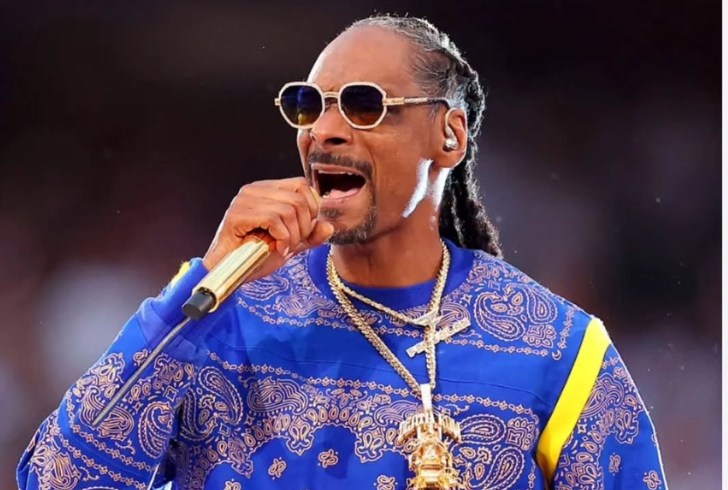Snoop Dogg Releases Kids’ Song “Love Is Love” After LGBTQ Comments
Months after sparking controversy with remarks about same-sex parenting in Pixar’s “Lightyear,” Snoop Dogg has taken a thoughtful step toward inclusivity through music. The legendary rapper, known for blending rhythm and message, has released “Love is Love,” a children’s song celebrating the beauty of family diversity and acceptance.
A Fresh Chapter for “Doggyland”
On October 13, Snoop Dogg dropped “Love is Love” on his animated YouTube show “Doggyland.” The song encourages kids to understand that families can look different, yet love always stays the same. It features The Voice contestant Jeremy Beloate, who was on Snoop’s team in 2024.
The 53-year-old rapper from Long Beach explained that the song grew from his children’s program. “‘Love is Love’ is a record that my kids’ program ‘Doggyland’ presented to me. It teaches parenthood and shows the situations kids face right now through song, dance, and melody,” he said.
Spreading Family Diversity and Acceptance

Instagram | “Love is Love” teaches children that love, not structure, is what truly defines every unique family.
The lyrics of “Love is Love” deliver a simple but powerful message:
“Our parents are different / No two are the same / But the one thing that’s for certain / Is the love won’t change / Families are special / They are so unique / Everybody’s got a purpose / More than what you see.”
The song helps kids see that every family is special. It reminds them that love defines a family, not structure or labels.
Snoop said music can help kids understand topics that adults often struggle to explain. “Kids have questions about these things,” he noted. “Music helps them find answers and live a happy life knowing that love is love.”
Collaboration With GLAAD and Spirit Day
Three days later, Snoop partnered with GLAAD, the LGBTQ media advocacy group, for an open talk with Jeremy Beloate. They released their 36-minute discussion on October 16 in honor of #SpiritDay, which supports LGBTQ youth and raises awareness about bullying.
Both artists spoke about how music creates a safe space for self-expression. “It’s a beautiful thing when kids have parents from all walks of life showing them love,” Snoop said. “Hate is taught, but so is love. Whether it’s two fathers, two mothers, or anything else, love is the key.”
This conversation showed a clear shift in Snoop’s tone—one focused on empathy, learning, and unity.
Addressing Earlier Remarks

Instagram | snoopdogg | Snoop’s new release followed backlash over his podcast comments questioning the LGBTQ+ content.
Snoop’s new release came after backlash over his comments on the “It’s Giving” podcast on August 20. He admitted that “Lightyear” surprised him when his grandson asked how two women could have a baby together. “These are kids. We have to show that at this age? They’re going to ask questions! I don’t have the answer,” he said.
“Love is Love” now seems like his response to that confusion—a creative way to replace discomfort with understanding.
Speaking Up About Bullying
During the GLAAD talk, Beloate shared that he was bullied for singing in school. Snoop related to his story. “Most guys like me who come from gang-related neighborhoods have been bullied too,” he said.
He recalled a childhood memory when another boy stomped on his prize goldfish. That moment stuck with him. “People being bullied will get past it,” he told viewers. “One day, they’ll laugh and smile about it. The strength built from that pain is what truly matters.”
Music That Encourages Change
“Love is Love” is more than a children’s tune—it’s a statement about growth, compassion, and the power of understanding. By weaving lessons of empathy and inclusion into music, Snoop Dogg is turning his platform into a tool for teaching acceptance from an early age.
Through “Doggyland” and his collaboration with GLAAD, Snoop Dogg demonstrates how public figures can use their voices to influence the next generation positively. His new approach underscores that love, in all its forms, remains the most universal message—and one worth singing about.